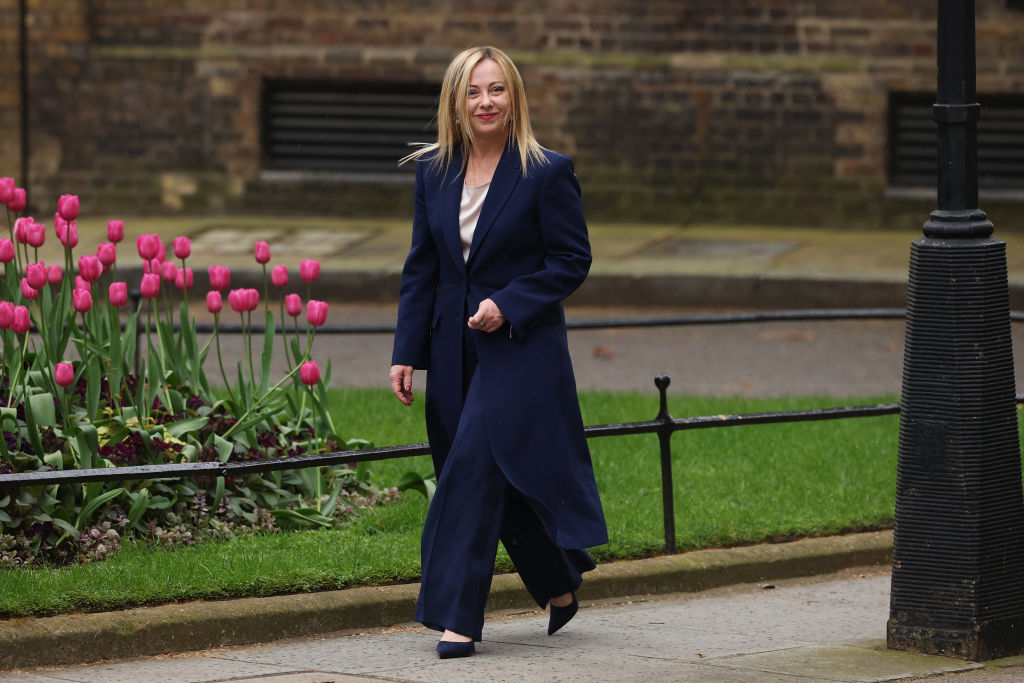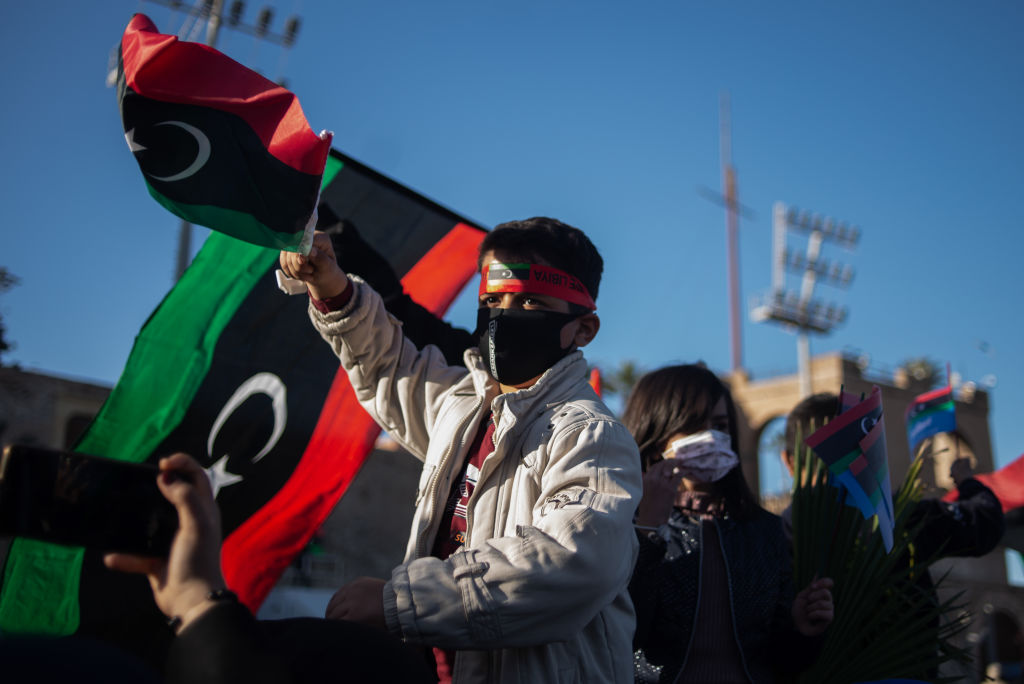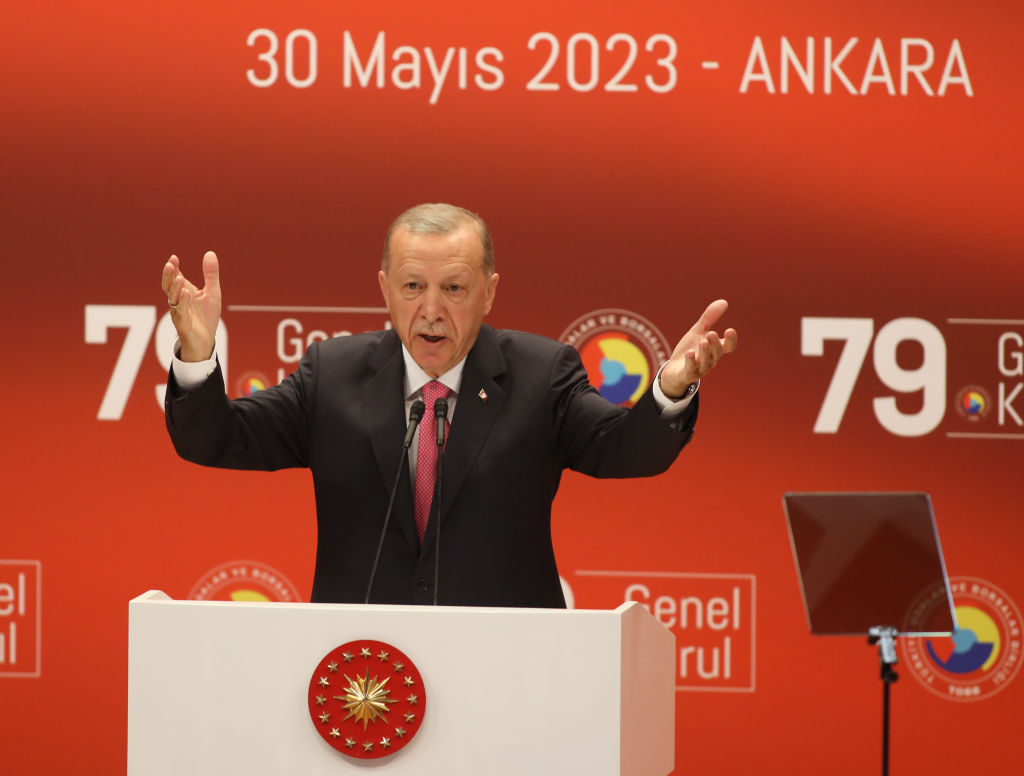Tunisians are protesting against migration from sub-Saharan Africa. Hundreds participated in the protests in Sfax on June 26, with banners saying that “Sfax is not a transit area”, and “irregular immigration is a threat to the Republic.”
Tunisians were protesting in particular to the arrival of sub-Saharan African migrants, stating on one banner that visas should be imposed for travelers coming from that area.
The opposition Free Destourian Party, which is second in the polls to the party of the more religious and conservative president Kais Saied, organised a protest in Sfax to oppose the increasing presence of Sub-Saharan Africans in the city. The head of the party, Abeer Moussa, said the country’s authorities should “start negotiations with the United Nations High commissioner for Refugees to deport irregular migrants within the framework of resettlement to countries capable of receiving them.”
“The right to asylum remains guaranteed for those who are in imminent danger”, he added. Moussa stressed the difference between migrants and refugees – a similar concern is shared by right-wing populists in Europe.
The number of asylum seekers arriving in Tunisia reached 9,547 in 2023. The main countries where they arrive from are the Ivory Coast, Syria, Sudan and Cameroon, according to a report published by the Tunisian Forum for Economic and Social Rights on June 22.
Black Tunisians now make up around 10 to 15 per cent of the country’s 12 million people, but all are not migrants. Some have deep roots from Tunisia’s south, a region that is racially darker. Yet those Tunisian citizens still face backlash in the country of racism.
Tunisia’s political landscape is different from that found in the West. Much to my surprise when I visited Tunisia, there is no such thing as a a dominant Left-wing or Right-wing party. Rather, the divisions lie between different conceptions of religion and nationalism. The ruling party of the President is socially conservative, more religious. The opposition party of Free Desourian is for strict secularism, a welfare state, Tunisian nationalism, and cultural modernity. It is a remake of the Ba’athist regime that was ousted in the 2011 revolutions, which was ideologically focused on Arab nationalism, and fighting Islamists.
President Saied likewise said that “hordes of irregular migrants from Sub-Saharan Africa” arrive in Tunisia, “with all the violence, crime, and unacceptable practices that entails.” He added that it was an “unnatural” situation and part of a “criminal” design to “change the demographic make-up” of Tunisia to turn it into “just another African country that doesn’t belong to the Arab and Islamic nations any more.”
Such comments by a European leader would cause a storm. In part, for good reasons, its racism would be denounced. But the concerns about welcoming and integrating increasingly large numbers of people from another background are legitimate.
Unlike in the West, immigration isn’t a divisive issue in Tunisia, and across North Africa. But not in the way progressive opinion might hope for. To the contrary – discrimination and antagonism towards Sub-Saharan migrants is widespread. This is in part why these migrants seek to escape to Europe.
During my time there, Tunisians from the south of the country, who tend to be darker-skinned, were discriminated against compared to the more white, Berber or Amazigh Tunisians in the north.
The Berber or Amazign Tunisians are seen as having deep roots in the country, but the southerners who come from poorer areas are often seen as different, or even inferior. I remember I had a friend who was a darker-skinned Tunisian, and she would receive racial abuse on the street in Tunis.
Instances of racism have been reported more recently in Tunisia. A black 26-year-old Nebras Magnnah said she has been in fear since attacks targeting Sub-Saharan Africans have grown after the controversial remarks by Saied. Magnnah said she has been insulted on the street. She is a college graduate working as a waitress, and said the speech “incited physical and verbal violence” with openly racist accusations being made without any fear of consequences. “Leave, what are you still doing here?”, she said people shouted at her in the street. Many whiter-looking Tunisians think the image of the country as an Arab nation must be preserved, indeed curated.
Europe’s leaders must learn about the cultural attitudes and political dynamics about mass migration within transit countries. A naval blockade off the coast of North Africa won’t suffice. Migrants will merely remain stuck in transit countries without the possibility of returning home. They will face increasingly perilous and uncomfortable conditions in countries that refuse to integrate them.
Blocking NGO boats from disembarking in Europe’s ports will also fail to work, as that would cause more tragedies at sea.
Instead, finding a solution that negotiates with countries of origin and transit to help migrants stay or return at home, where they can live safely, is the most promising solution.
Alessandra Bocchi is Associate Editor at Brussels Signal





Trump has much to learn from Berlusconi’s successes